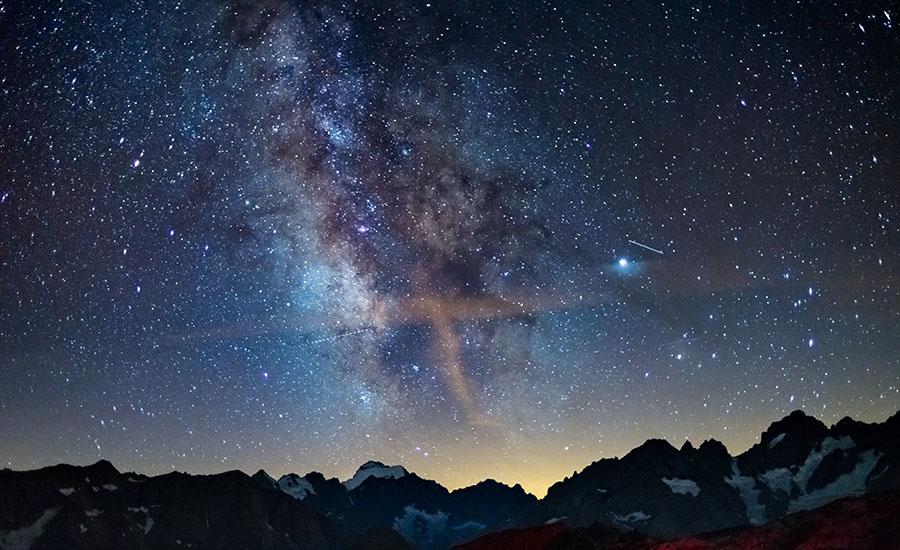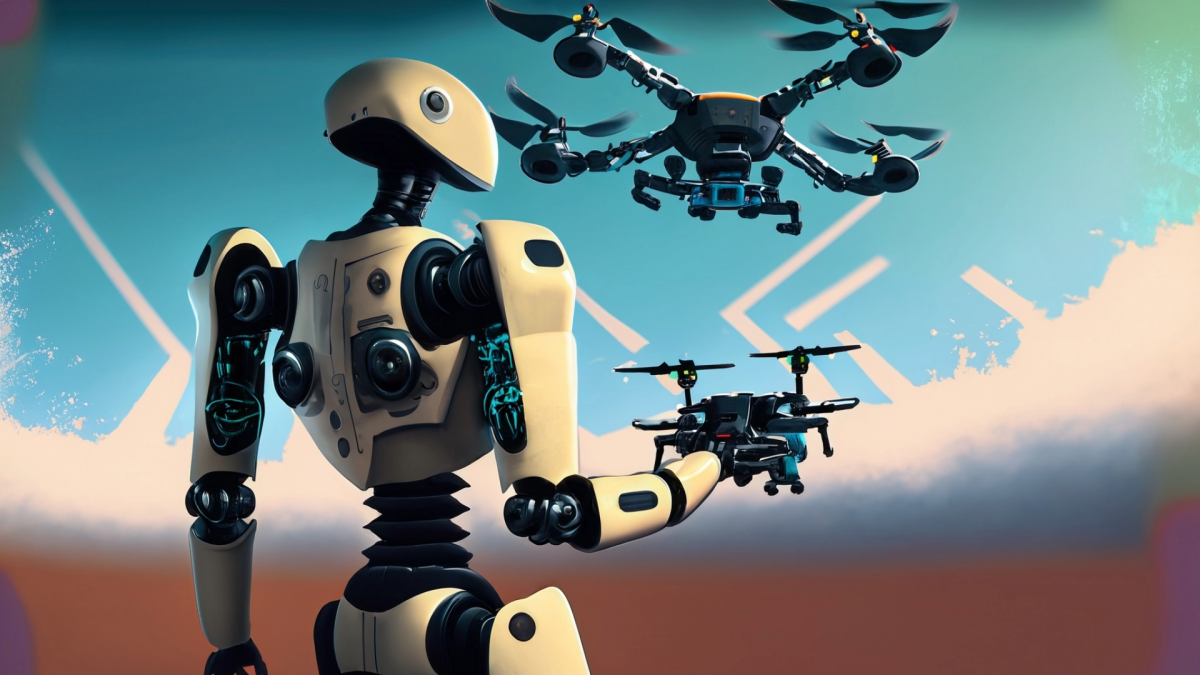
Space Farming
by Shauna Hamman
In this lesson, students will be learning about the challenges of farming in space for future settlements. Specifically they will focus on the difficulty of testing whether plants will grow in soil that doesn't exist on Earth.
They will participate in a design challenge where they design a seed starting tray with the smallest possible amount of soil (to mimic the real-life challenge of experimenting with growing plants in the extremely limited amount of lunar soil that was brought back from the Apollo missions).
The lesson lists a variety of suggested materials for the lesson. It is anticipated that the lesson and design challenge would take 2 days, plus about 10 days to record observations and results.
Lesson Grade Level
6th GradeLesson Plan Link/URL
https://docs.google.com/presentation/d/1EzNT1PpY4HJEjS1SG52eQbD6QHzdI06ZHtO7C-B…Subject Area
Science Earth and Space Science E2: Earth & the Universe Life Science L2: Organisms & Energy Technology 4. Innovative Designer Engineering S2: Apply the Engineering Design Process Mathematics Measurement and Data (MD) Ratio and Proportion (RP) Statistics and Probability (SP)
Featured
Off
Related Content

Grades:
3rd Grade, 4th Grade, 5th Grade, 6th Grade, 7th Grade, 8th Grade
On the second day students use more complex coding, the built in camera for taking pictures and experience FPV. It has 3 missions total in this lesson. This lesson also uses yaw to keep the camera

Grades:
6th Grade
Students will be designing a shade structure to fit a mini-raised garden bed in order to help it adapt to the increasing sunshine in summer.

Grades:
Kindergarten
This lesson provides the opportunity for kindergarten students to develop a mock oil spill and develop methods to help ocean life after an oil spill. Student will hypothesize methods that can